Final Fantasy 7 Rebirth Director Addresses ‘JRPGs Are Back’ Hype: Action Over Nostalgia Remains Core Strategy for Flagship Titles
Popular Now
 Roblox
Roblox
 Call of Duty
Call of Duty
 Fall Guys
Fall Guys
 Genshin Impact
Genshin Impact
 Sonic the Hedgehog™ Classic
Sonic the Hedgehog™ Classic
 NBA 2K24
NBA 2K24
 Toca Boca World
Toca Boca World
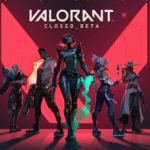 Valorant
Valorant
 Rust
Rust
 Schedule I
Schedule I 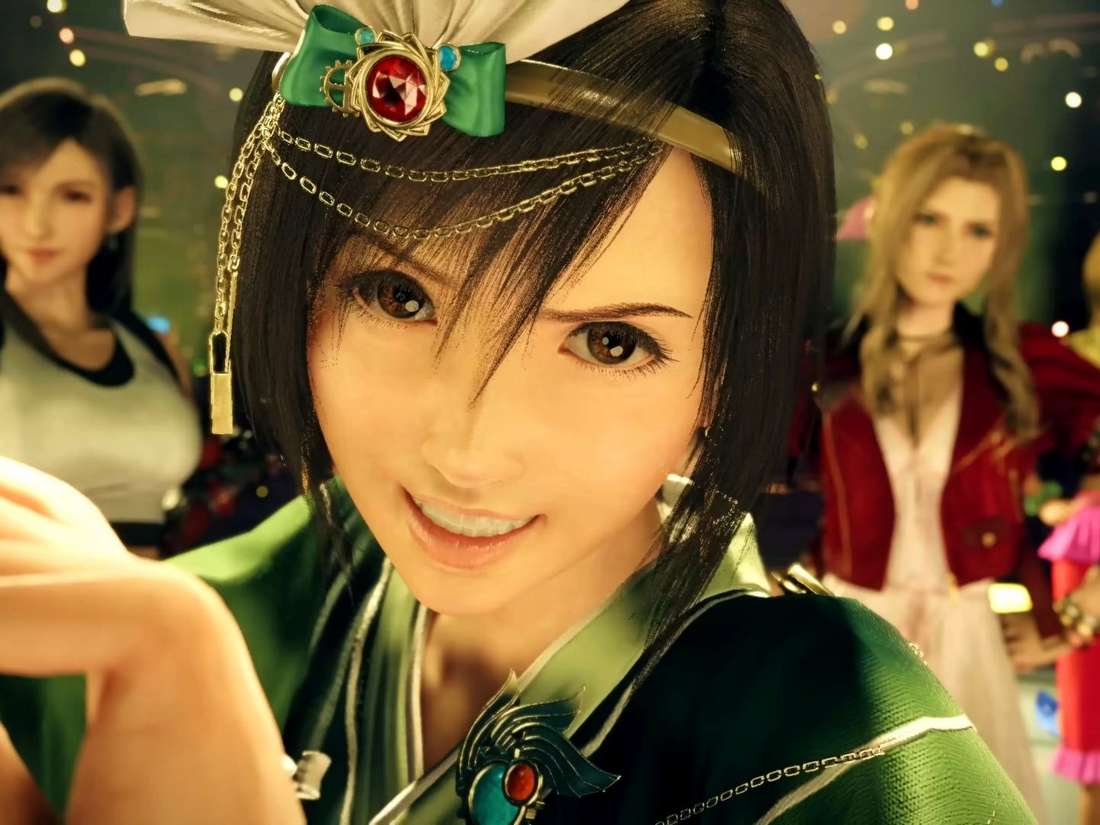 The global gaming landscape is witnessing a powerful resurgence of the turn-based RPG, driven by critically acclaimed, high-fidelity titles like Clair Obscur: Expedition 33. The phenomenal success of this French-developed, turn-based adventure—which has been praised for its innovative combat and stunning Belle Époque aesthetic—has sparked a widespread conversation about whether flagship franchises, particularly the legendary Final Fantasy series from Square Enix, should revert to their command-based roots.
The global gaming landscape is witnessing a powerful resurgence of the turn-based RPG, driven by critically acclaimed, high-fidelity titles like Clair Obscur: Expedition 33. The phenomenal success of this French-developed, turn-based adventure—which has been praised for its innovative combat and stunning Belle Époque aesthetic—has sparked a widespread conversation about whether flagship franchises, particularly the legendary Final Fantasy series from Square Enix, should revert to their command-based roots.
However, the director of the ongoing Final Fantasy 7 Remake trilogy, Naoki Hamaguchi, has offered a clear perspective that tempers fan speculation. While acknowledging the community’s excitement, particularly the influx of “‘JRPGs are back’ comments,” Hamaguchi indicated that the success of games like Clair Obscur will not automatically dictate the future combat systems of the mainline, numbered Final Fantasy titles. This firmly places the creative vision for the future of the AAA JRPG squarely in the hands of the individual directors, prioritizing the desired player experience over industry trends.
 Expedition 33: A Market Signal, Not a Mandate
Expedition 33: A Market Signal, Not a Mandate
Clair Obscur: Expedition 33, which has sold millions of copies and garnered immense critical praise, has proven that a modern, strategic, and high-budget turn-based system can be a major commercial success. Its battle system, which blends traditional command menus with active, real-time dodge and parry mechanics, has been hailed as a significant evolution of the genre—a clear message to developers about the enduring market for deep, strategic command-based RPGs.
- Strategic Combat Innovation: The game’s active time elements in a turn-based shell keep players constantly engaged, solving the common complaint of passive combat in older titles. This innovative design is what truly captures the attention of the high CPC gaming content audience.
- Genre Fusion at Square Enix: While the mainline Final Fantasy has embraced real-time action, Square Enix has not abandoned turn-based games entirely. The publisher continues to release successful titles in the genre, such as the Octopath Traveler and Bravely Default series, and even the HD-2D remake of Dragon Quest III, demonstrating a clear understanding of the value in genre diversity.
- Shareholder Scrutiny: The success of Expedition 33 has reportedly led to questions from Square Enix shareholders, urging the company to embrace the turn-based revival. This internal pressure highlights the commercial gravity of the genre’s resurgence.
The Final Fantasy Director’s Creative Autonomy
Director Naoki Hamaguchi’s comments underscore a foundational philosophy at Square Enix: the director of a mainline Final Fantasy title retains significant creative autonomy. This approach allows each entry—from the high-speed action of Final Fantasy XVI to the hybrid combat of Final Fantasy VII Rebirth—to establish its own unique identity, ensuring the series remains a pioneer in AAA role-playing game design.
Hamaguchi specifically stated that the choice between action-RPG and turn-based combat for any new title is not “pre-determined” by outside trends, even successful ones. Instead, the decision is fundamentally linked to the director’s vision for “what game experience fans will enjoy,” based on the narrative, graphical quality, and overall gameplay they intend to deliver. This is a crucial distinction for the premium gaming market, where expectations for unique, high-quality experiences are paramount.
- Focus on Experience: The design philosophy revolves around the overall experience. The dynamic, hybrid system in the Final Fantasy VII Remake trilogy was chosen to translate the feeling of the original game’s strategic, cinematic moments into a modern, global action-RPG format.
- Pacing and Scope: In separate news, Hamaguchi also addressed feedback on Rebirth’s pacing, noting the third and final installment will strive for a “more concise” structure. This indicates that while the team appreciates the depth, they are actively refining the flow of content—a commitment to polish that is more impactful than simply changing the battle system.
 The Long-Term JRPG Outlook: Strategy and Action Coexist
The Long-Term JRPG Outlook: Strategy and Action Coexist
The key takeaway from the ongoing debate is that the JRPG genre is not facing an “either/or” choice. Square Enix’s portfolio confirms a commitment to both styles: the modern, cinematic action-RPG for its flagship Final Fantasy games, and the deep, strategic turn-based systems for beloved sub-franchises and new IP development.
The success of Clair Obscur: Expedition 33 serves as a powerful reminder that the strategic, command-based RPG is far from obsolete. Rather than demanding a complete 180-degree turn from Square Enix, its success reinforces the idea of genre diversification—allowing franchises like Final Fantasy to continue their evolution while simultaneously inspiring new, highly successful titles that honor the strategic legacy of the genre. The industry is healthier when both styles thrive, offering a richer, more varied ecosystem for the dedicated RPG player base and ensuring the genre’s continued innovation and commercial viability.
The director’s stance is clear: Final Fantasy VII Remake Part 3 will continue the path set by its predecessors, prioritizing a director’s cohesive vision over external influence. However, the resounding success of Expedition 33 undeniably shines a spotlight on the potential for new, high-fidelity, and strategically deep turn-based RPGs to capture the global market, ensuring that this classic style will remain a strong contender in the future of gaming.
Targeted High-Value Keywords:
- Turn-Based RPG
- JRPG Revival
- Final Fantasy 7 Rebirth
- Clair Obscur: Expedition 33
- Square Enix Strategy
- AAA JRPG
- Action-RPG
- Command-Based RPGs
- Premium Gaming Market
- High CPC Gaming Content



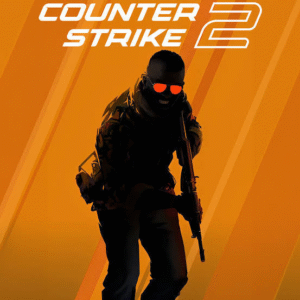
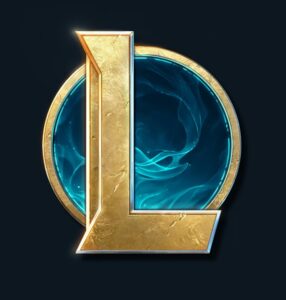




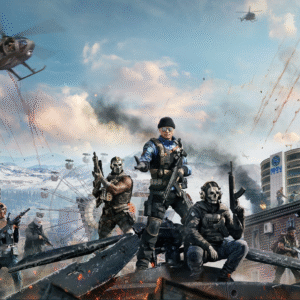

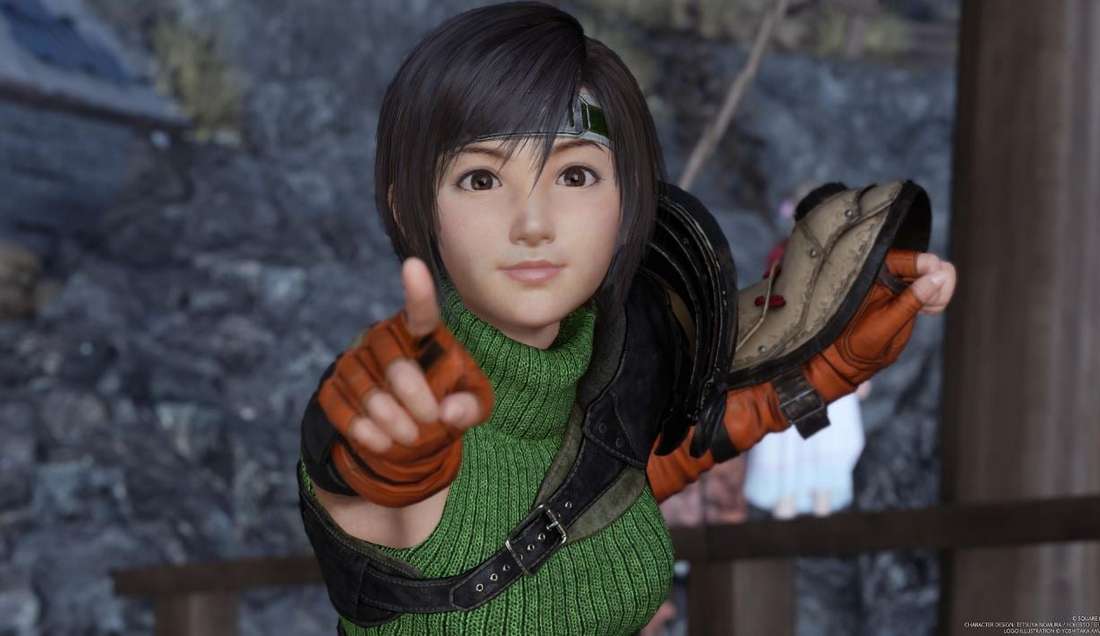 Expedition 33: A Market Signal, Not a Mandate
Expedition 33: A Market Signal, Not a Mandate The Long-Term JRPG Outlook: Strategy and Action Coexist
The Long-Term JRPG Outlook: Strategy and Action Coexist